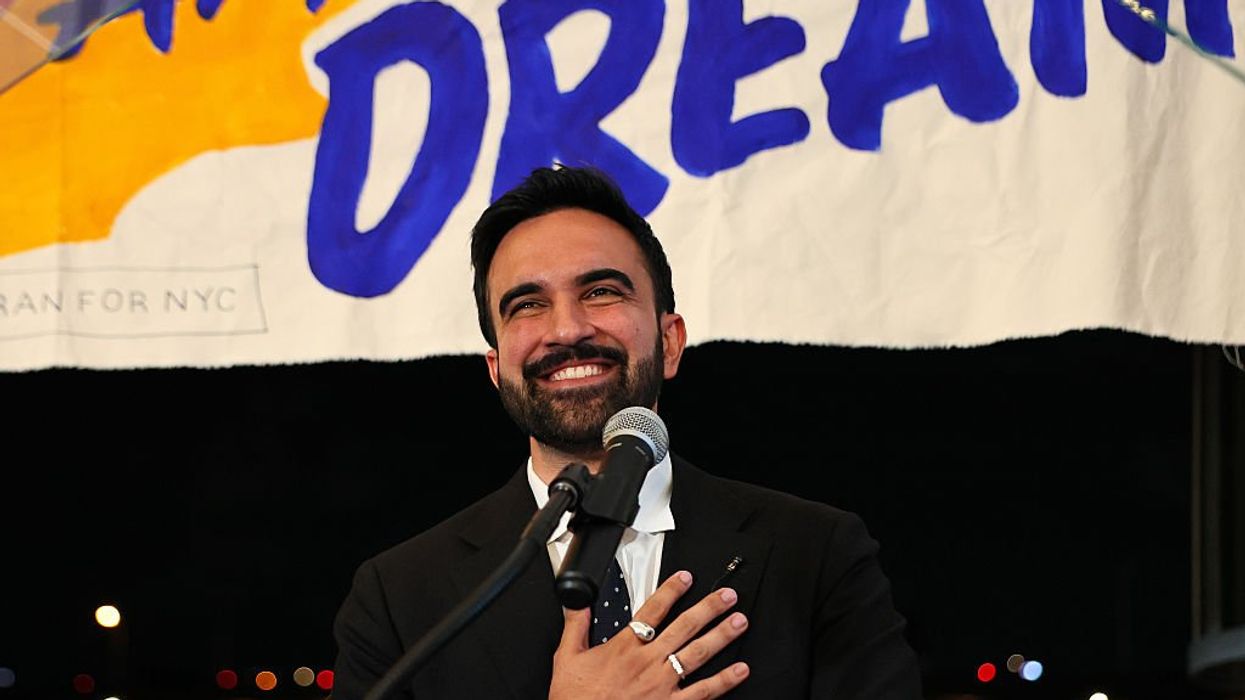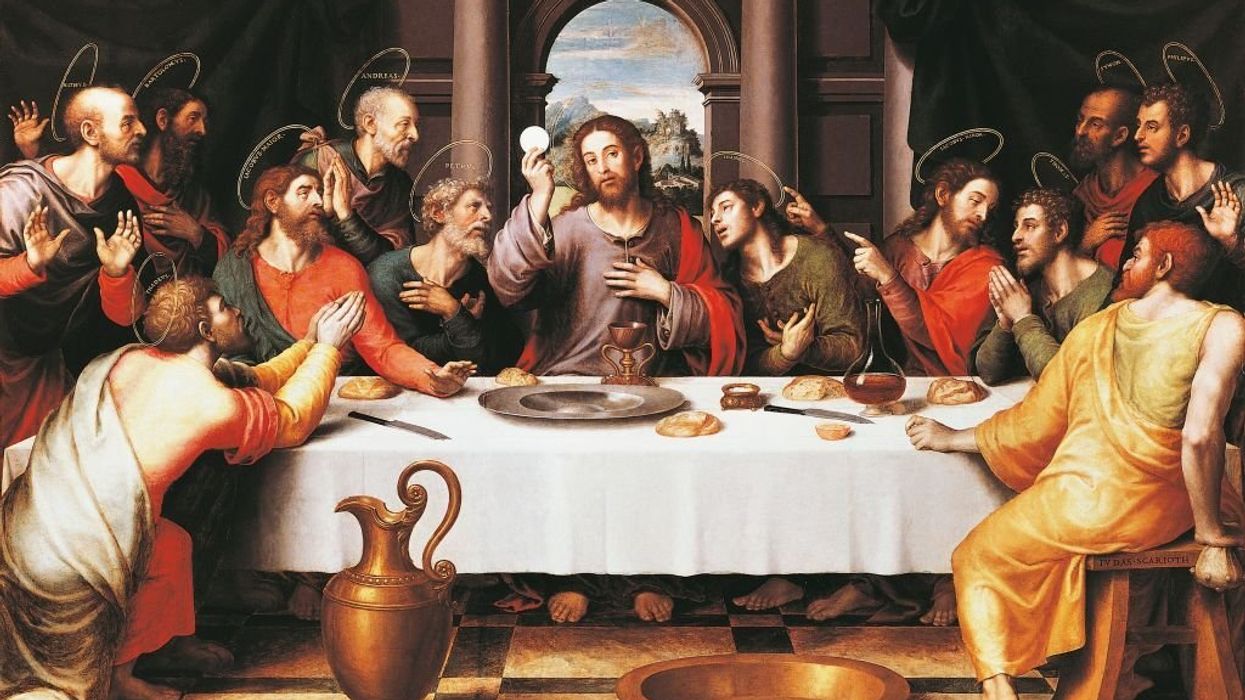
© 2025 Blaze Media LLC. All rights reserved.
"They are a complete mystery."
Famed physicist Stephen Hawking turns 70 this Sunday and in an exclusive interview with New Scientist, he explains his biggest mistake, hopes for future discoveries and the topic that occupies his thoughts most of the time.
New Scientist reports that when Hawking received the diagnosis of ALS when he was 21, it was expected he would only live a few years. Far surpassing that projection, Hawking went on to make notable discoveries in the field of physics with the most famous being perhaps his discoveries involving black holes. Hawking communicates using a computer controlled by twitching his cheek and he is currently looking for an assistant to maintain the system, among other duties, which we reported last month.
New Scientist asked Hawking what he considered his "biggest blunder," to which Hawking responded:
I used to think that information was destroyed in black holes. But the AdS/CFT correspondence led me to change my mind. This was my biggest blunder, or at least my biggest blunder in science.
New Scientist goes on to explain that Hawking long held that information was destroyed in black holes but in 1997 Juan Maldacena created a mathematical shortcut. Using this shortcut in 2004, Hawking showed that information from black holes can escape back into the universe. New Scientist explains that with this blunder Hawking lost a bet to theorist John Preskill.
When asked what he would do if he were younger and just beginning his career as a physicist, Hawking said he would come up with an idea that would create a whole new field of research.
Finally, New Scientist and Hawking leaves readers with the subject he thinks about most on a daily basis. Women. "They are a complete mystery," Hawking wrote to New Scientist.
In regard to his disease, Ammar Al-Chalabi, director of the Motor Neurone Disease Care and Research Centre, at King's College Londonsaid that he hasn't seen anyone defy the disease and live as long as Hawking.
"It is unusual for (motor neurone disease) patients to survive for decades, but not unheard of," said Dr. Rup Tandan, a neurology professor at the University of Vermont College of Medicine. Still, Tandan said many longtime survivors had ventilators to breathe for them - -which Hawking does not.
To mark his birthday Sunday, Cambridge University is holding a public symposium on "The State of the Universe," featuring talks from 27 leading scientists, including Hawking himself. For 30 years, he held a mathematics post at the university previously held by Sir Isaac Newton. Hawking retired from that position in 2009 and is now director of research at the university's Centre for Theoretical Cosmology.
Hawking achieved all that despite being nearly entirely paralyzed and in a wheelchair since 1970. Since catching pneumonia in 1985, Hawking has needed around-the-clock care and relies on a computer and voice synthesizer to speak.
A tiny infrared sensor sits on his glasses, hooked up to a computer. The sensor detects Hawking's cheek pulses, which select words displayed on a computer screen. The chosen words are then spoken by the voice synthesizer. It can take up to 10 minutes for Hawking to formulate a single sentence.
Read more Q&A with Stephen Hawking here.
Find more Blaze articles related to Stephen Hawking here.
The Associated Press contributed to this report.
Want to leave a tip?
We answer to you. Help keep our content free of advertisers and big tech censorship by leaving a tip today.
Want to join the conversation?
Already a subscriber?
more stories
Sign up for the Blaze newsletter
By signing up, you agree to our Privacy Policy and Terms of Use, and agree to receive content that may sometimes include advertisements. You may opt out at any time.
Related Content
© 2025 Blaze Media LLC. All rights reserved.
Get the stories that matter most delivered directly to your inbox.
By signing up, you agree to our Privacy Policy and Terms of Use, and agree to receive content that may sometimes include advertisements. You may opt out at any time.






